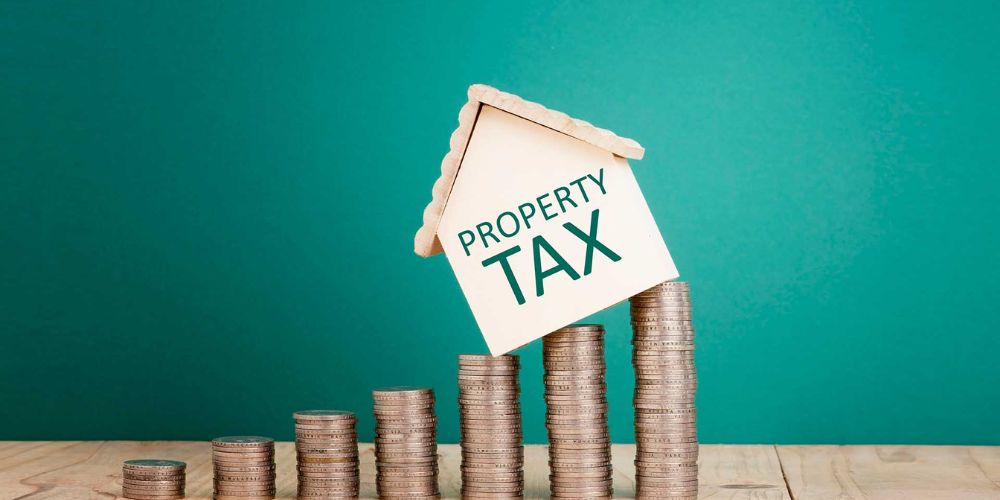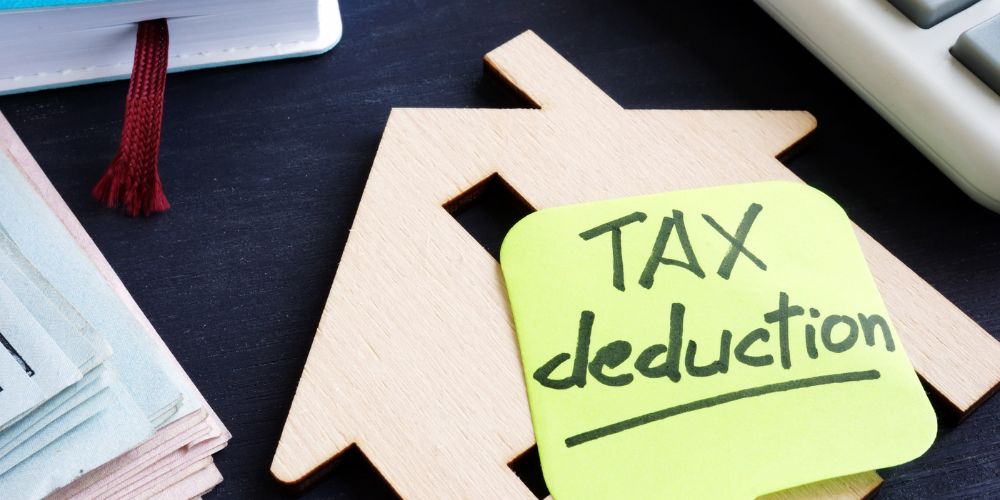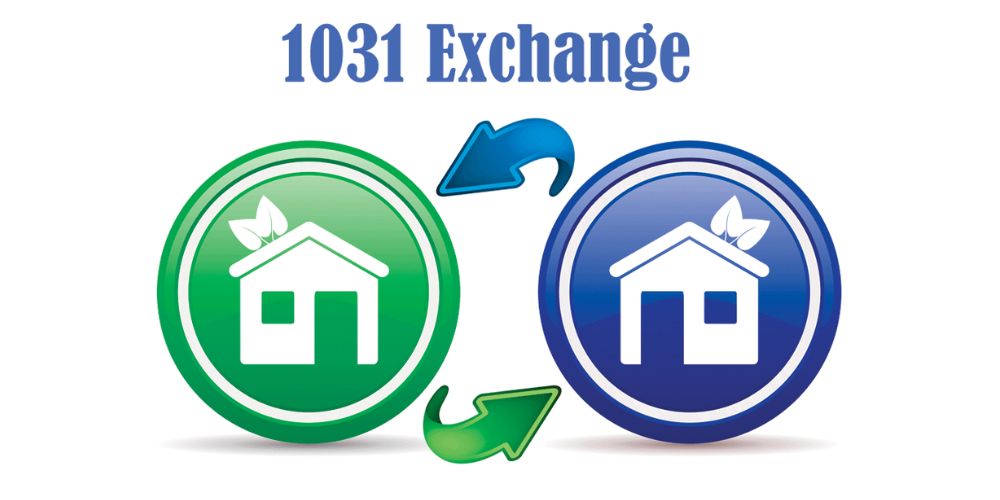Tax Facts Every Homebuyer Should Be Aware Of

Tax Facts When Buying a Home in California
Buying a home is a major life change. This important step also presents a big alteration in your finances, considering a mortgage payment now has to be factored in. For this reason, you need to know the facts about taxes that apply to the sale of a property or to home ownership. Keep reading to get an overview of how this type of taxation works in California.

State Income Tax
For starters, you can write off your mortgage interest payments from your taxable income in California, though this amount is limited. However, if you itemize, you might come out with some savings by taking advantage of this deduction.

Property Taxes
In California, the average effective property tax rate stands at 0.73% which is below the national average of 1.07%. However, you’ll need to keep in mind that individual tax bills somewhat vary in different parts of the state. Most often, your property taxes will be factored into your monthly mortgage bills.

Proposition 13
Proposition 13, which was enacted by voters in 1978, places limits on the assessment and taxation of property. For the most part, the 1975-1976 tax year serves as the base year for assessing real property, and the taxed value can’t increase by more than 2% per year. However, a new base year is established upon a change in ownership when the property is reassessed at its current fair market value. Proposition 13 also limits the amount of taxes charged to 1% of the property’s taxable value.

Supplemental Property Taxes
Additional taxes that are tacked on upon a property’s change in ownership or for a new construction are known as supplemental property taxes. Because county assessors have to adjust the January 1 value to reflect the property’s new value, the extra tax is imposed. The new tax bill will then show the difference between the old and the new values adjusted for the numbers months left in the fiscal year.

Mortgage Interest Deduction
The Mortgage Interest Deduction, under federal law, allows you to deduct the number of mortgage payments on your state income taxes. However, you’ll need to consult with a qualified accountant to find out if you qualify for this deduction and what its limits are.

Property Tax Deduction
Fortunately, homeowners can deduct part of their property tax from their taxable income. To be eligible, the home in question has to be your primary residence. The limit for this deduction is $70 per year over a 20-year period.

Homeowner’s Exemption
In California, a homeowner can qualify for an exemption up to $7000 in assessed value from the property tax assessment of the property. Thus, the property tax bill is reduced for the owner as long as he/she occupies the home.

Capital Gains Tax
If you’re on the selling end of the property, you still have to keep an eye on your profit to see if you’ll have to pay capital gains tax. Beyond $250,000, you’ll have to pay the tax if your status is single. Otherwise, married couples filing jointly have the limit $500,000.

1031 Exchange
The 1031 Exchange allows you to defer on capital gains tax if you purchase a “like-kind” property. In other words, you’re selling your current investment property to purchase another that has an equal or higher value. To qualify for this tax deferment, you also have to put all of your profit from the sale of your current property towards the purchase of the other. Plus, you have 45 days from the sale to identify the next property that you’ll buy, and that particular sale must happen in 180 days or less.

Transfer Taxes
Transfer taxes are charged by state or local governments to complete the sale when you’re buying a house. Specifically in California, there are flat rates of 0.55% of the property’s value in most counties. However, some counties charge higher rates, such as Marin County, for example, which charges a rate of 0.65%.

Mortgage Recording Fee
Upon the sale of a property, all counties charge a $75 fee to record the transaction, the transfer of ownership, etc.

Documentary Transfer Tax
Likewise, the documentary fee is a percentage of the purchase price and is charged by the county where the property is located.
Conclusion
Still have questions about real estate taxes in California? Or have you just started your search for real estate property for sale? Contact the experts at Legacy Real Estate for answers to all your questions about purchasing a home. With over a decade of experience, our agents are ready to help you find your new home.
FAQs
Q: What taxes do you pay when buying a house in California?
Homebuyers pay the supplementary property taxes once they secure ownership as well as the transfer and documentary transfer taxes. Usually, they also pay the mortgage recording fees.
Q: Is California property tax deductible from the state’s income tax?
The state does allow a deduction for the amounts that homeowners have paid toward their property taxes.
Q: Does California still have Proposition 13?
Both Propositions 13 and 19 allow for and apply stipulations to the transfer of ownership. The difference between the two is that 19 limits individuals who inherit a home from another family member from getting the base-year valuation that would be otherwise reflected in their property tax bill. However, it allows people who are disabled, victims of a natural disaster, or age 55 older to transfer their assessed value of the home that they inhabited to the new property.
Q: Is property tax fixed in California?
The property tax rates are based on the real property’s value and may vary from one county to the next. Likewise, the assessed value of a real property may fluctuate with inflation which also impacts the tax rate.
Q: How many times do you pay property tax a year in California?
You can pay toward your property tax bill each time you make a mortgage payment if it’s included, or you can pay twice or once a year as long as it’s paid in full by November 1 of each year.
Q: At what age do you stop paying property tax in California?
As long as you are a homeowner, you will have to pay property taxes. However, there are state programs that provide property tax assistance for seniors who have a limited income, are legally blind or disabled.
Recommended Posts

Step-by-Step Guide for Preparing Your Home for a Quick Sale
October 26, 2023

Top Tips for Selecting a Top Real Estate Agent
September 12, 2023

5 Benefits of Using a Real Estate Agent to Buy a Home
July 31, 2023
